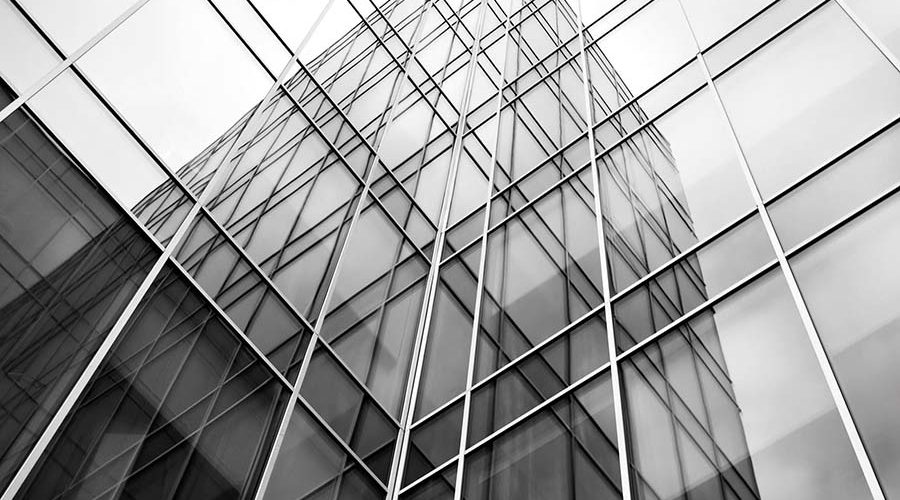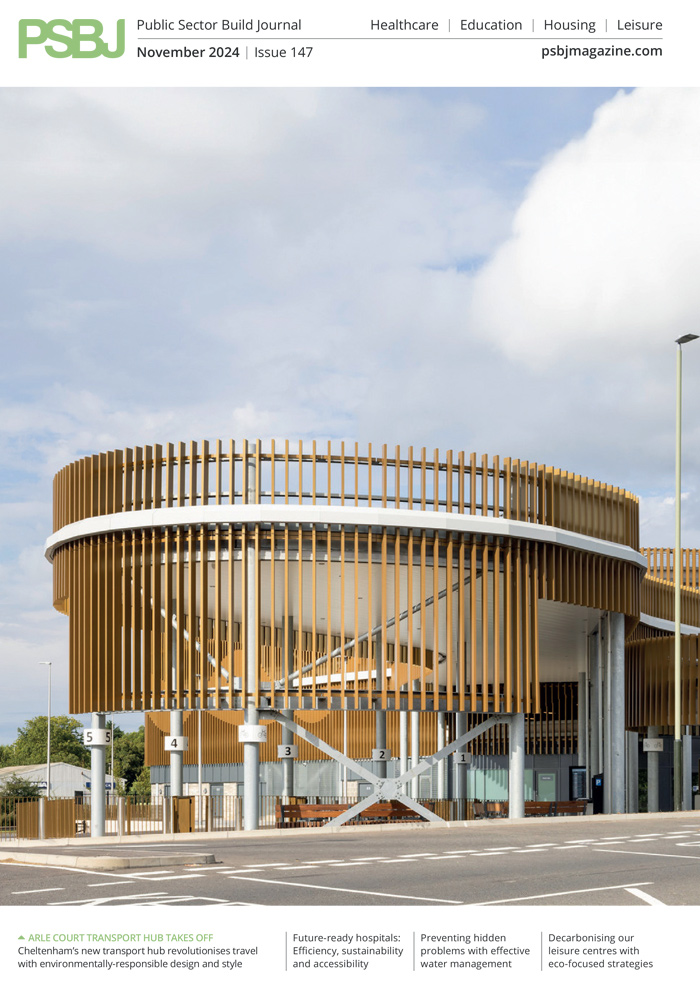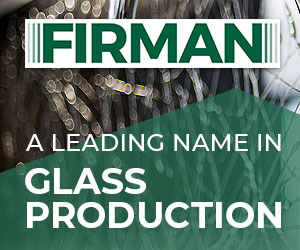Mohamed Merchant, Associate Director at TÜV SÜD Dunbar Boardman, discusses how to implement a facade access strategy to mitigate the risk of warranties being invalidated.
TUV SUD
Depending on the facade material used, a manufacturer will normally offer a 10- to 12-year warranty, which is covered by the specialist facade contractor. However, warranties are conditional and full of exclusions which relate to issues such as a lack of or insufficient direct hands-on access, negligence, wear and tear, failure to handle and incorrect installation.
Without full and thorough consideration of everything that may impact warranty validity, any failure in a facade’s material could therefore prove to be extremely costly for the building owner. For example, a warranty will not cover defects or damage if building owners have failed to adhere to the warranty contract’s clauses. This will without doubt include a requirement that the facade system must be capable of delivering maintenance personnel safely and efficiently.
Inefficient access, such as strategies relying on extended reach and wash poles, may not fully comply with warranty clauses. It is therefore important to define the direct hands-on access options at the early stages of building design, so that the cleaning and maintenance strategies can be fully integrated as part of the entire build programme. Facade contractors will specify the cleaning regime and frequency to comply with the manufacturer’s warranty terms. This data should therefore be made available to the facade access specialist during the design stages, to help them specify the most suitable types of facade access equipment. Records of all cleaning schedules and frequencies should also be kept and maintained, and made available to the facade contractor and manufacturer, if requested.
As all glazing systems are subject to some degradation over time, periodic inspection and maintenance works should be carried out systematically. The frequency of maintenance and inspection will depend on the nature of the glazing material, its levels of exposure and the building’s location. However, unfortunately buildings are often designed with little or no thought and maintenance crews find themselves having to work around inappropriate planning decisions. For example, it is very common to find on an internally-glazed building that the glass cannot be brought into the finished building due to interior components, which defeats the object of having internal glazing in the first place.
Significance of enhancing facade longevity
Another issue that should be considered during the development of the facade access strategy is the impact of the external environment. While this is beyond the control of the building owner or maintenance organisation, it can nullify warranties. Potential defects caused by the environment must therefore be factored in, and they can be minimised if efficient maintenance strategies are considered early on. For example, tall buildings are at greater risk than low-rise buildings, owing to their direct exposure to rain and ultraviolet radiation, which causes a greater rate and intensity of deterioration.
Over the course of a building’s lifetime, some element of a facade’s integrity is likely to fail, which is when the warranty comes into play. To ensure that facade warranties are maintained, the facade access designer must therefore consider an array of interlinking elements via pre-construction reports. They should also involve all interested parties, including the building owner, cleaning company, cladding manufacturer and structural engineer.

Mohamed Merchant is an Associate Director at TÜV SÜD Dunbar Boardman, one of Europe’s leading elevator, escalator and access consultancies.







